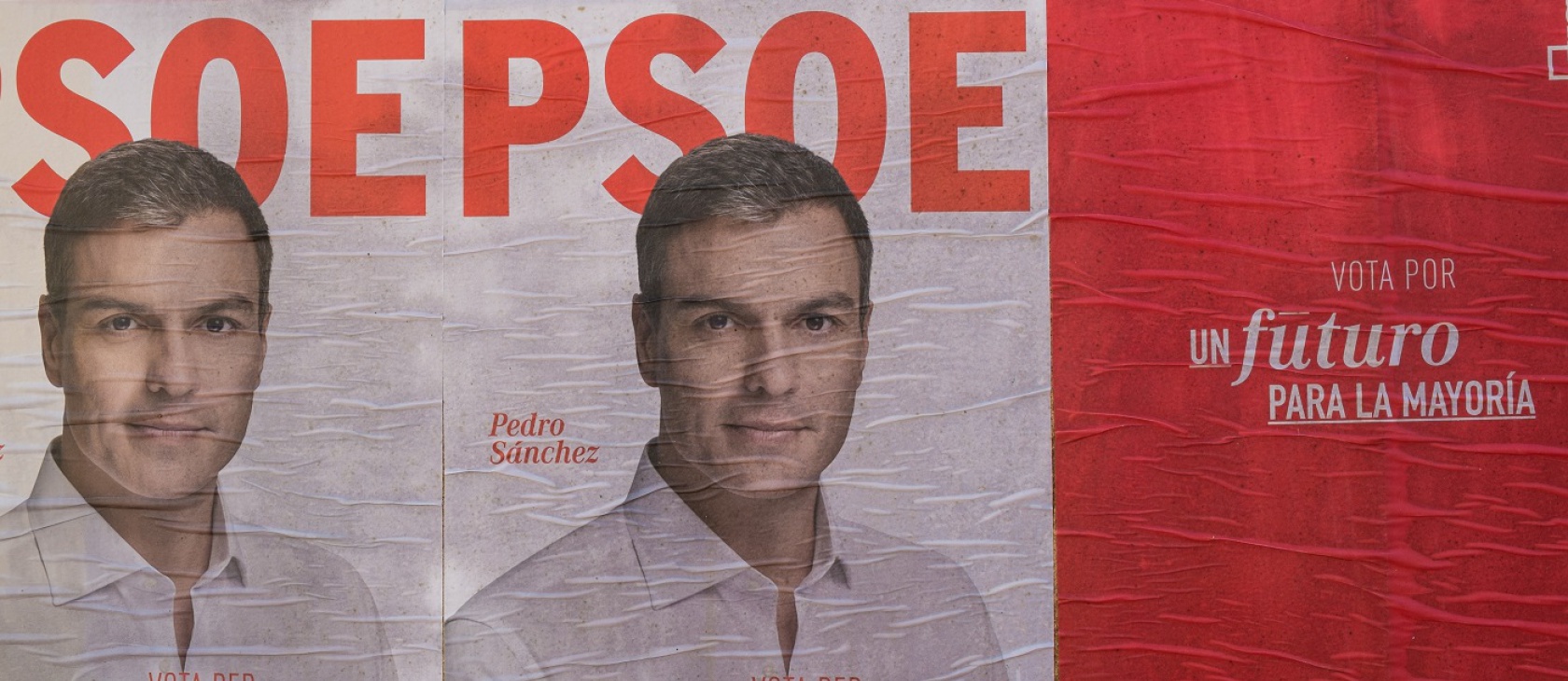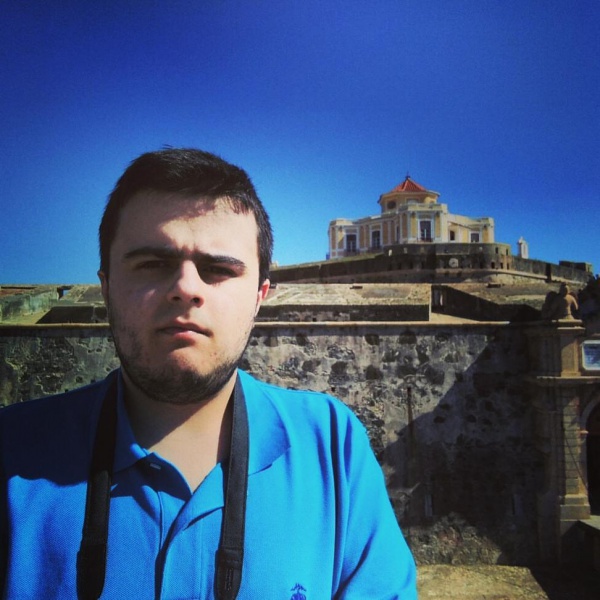Spain’s ruling socialist government has reinforced two regimes on the other side of the Atlantic Ocean that represent prime threats to liberty and human dignity.
Pedro Sánchez’s Socialist Party (PSOE), which rules Spain with the support of far-left members of Podemos and pro-secessionists from Catalonia, abstained from voting for a measure to condemn Venezuelan dictator Nicolás Maduro in October. Then, late last month, Sánchez made an official visit to Cuba, alongside his wife Begoña Gómez, Trade Minister Reyes Maroto, and Minister of Foreign Affairs Joseph Borrell.
At a press conference in Havana, Prime Minister Sánchez called for “more intense” relations between Spain and Cuba. There, he unveiled a sweetheart deal for Cuba: Sánchez postponed Cuba’s repayment of the €300 million debt it owes to 300 Spanish businesses. Meanwhile, the two nations created a €415 million fund for investment, allowing Spain to provide Cuba with railways, liquefied natural gas (LNG), and broadband … the payment for which will likely be postponed.
These state-negotiated agreements are anything but an example of the free market, which both countries so desperately need right now. As historian and commentator Tom Woods stressed, “Capitalism involves nothing more than free contract and exchange, bounded by private-property rights. Politicians are predators on this process.” Sánchez does not fight for the free exchange of goods and services between Spaniards and Cubans, but reportedly yearns for an “oxygenating” of the stagnant, interventionist economy and totalitarian government.
In Cuba, “all courts are subject to political interference, and private property is strictly regulated. Excessive bureaucracy and lack of regulatory transparency continue to limit trade and investment,” according to the 2018 edition of the Index of Economic Freedom published by the Heritage Foundation.
Political freedom fares worse yet. There were 5,155 political arrests in Cuba in 2017 – an average of 430 arrests each month. Yet during his visit, Sánchez made no effort to meet with Cuban anti-communist dissidents such as Las Damas de Blanco, “The Ladies in White,” one of the most important organizations calling for the liberation of all political prisoners incarcerated by the Cuban regime. The Christian Liberation Movement, a Roman Catholic organization calling for the freeing of political prisoners, similarly did not merit a visit.
Sánchez’s indifference to their plight during his visit sparked some international backlash. Guy Verhofstadt, the EU’s Brexit negotiator and spokesman for the Alliance of Liberals and Democrats for Europe (ALDE), noted that Sánchez “did not meet the Cuban opposition nor mention Cuba's 139 political prisoners.”
“As a key player in EU relations with Latin America, his statements and actions have been deplorable,” he added.
Domestically Albert Rivera, the leader of the center-Right Citizens Party (Ciudadanos), said it is impossible to defend human rights if dissidents’ voices are not heard. He said Spain should have paid heed to “those who are being persecuted for defending freedom.” Cuban-born Spanish politician Rocío Monasterio, who is with the conservative Vox Party, called the visit “an insult to Cuban people.”
Spanish citizens should remain vigilant towards our socialist government and demand it begin fighting for liberty, free markets, subsidiarity, and human dignity, as well as demanding that it make a strong and unequivocal condemnation of totalitarian ideologies like Communism. Spain should rush to sustain any movement that will free Cuba’s repressed economy, recognize Cuban citizens’ human rights, and bring greater political and religious freedom to the island. But these efforts of Pedro Sánchez will only further entrench the totalitarian government.
Based on the PSOE’s fondness for Venezuela, strengthening solidarity among socialists within the West is likely the deal’s intended purpose.




